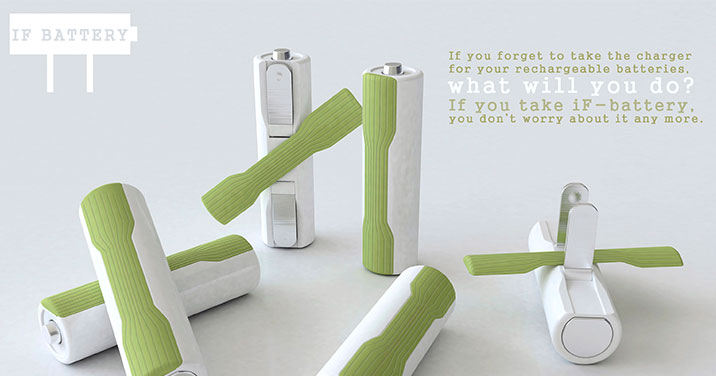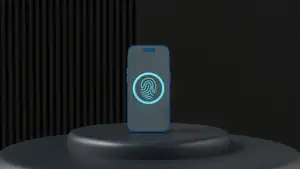
New Battery Technology Promises to Advance Real World Usability of Electric Cars
You are probably well aware that one current limitation of electric vehicle technology is the battery itself. As in the unavoidable need to recharge the electric battery that powers the vehicle itself.
Worse still, the state of existing battery and recharge technology is rather limited by the need for a lengthy battery recharge time cycle. The hard to ignore fact is that one of the biggest challenges faced today is the lengthy time commitment electric vehicle owners needed for the recharge cycle.
On top of the need to allow for this somewhat inconvenient charging cycle is the lack of available infrastructure to support the battery recharge. Unlike existing fossil fuel powered vehicles that can find refueling stops most everywhere, that sort of infrastructure is not currently available for electric vehicles.
All of the above being said, a new innovation from none other than Purdue University may have found a workable solution to this challenge. Get this: the Purdue University ground breaking battery recharging technology promises what is being referred to as an “instantly rechargeable” battery charge method.
Naturally you can readily understand that if proven viable in the real world, instantly rechargeable batteries will most likely hasten the use of electric vehicles most everywhere. This radical new battery technology was recently unveiled at a recent Conference in the Netherlands by John Cushman, Purdue University distinguished professor of atmospheric and planetary science.
Note that Cushman also recently co-founded a company by the name of Ifbattery (LLC) to further develop and eventually commercialize the technology. According to Cushman: “Ifbattery is developing an energy storage system that would enable drivers to fill up their electric or hybrid vehicles with fluid electrolytes to re-energize spent battery fluids much like refueling their gas tanks.”
As currently envisioned, these spent battery fluids would be collected. Once collected, these fluids could be transported to facilities such as solar farms, wind turbine farms and the like for recharging.
Explaining the technology in a bit more detail, Mike Mueterthies, Purdue doctoral teaching and research assistant and a third co-founder of Ifbattery explained the uniqueness of the Ifbattery technology.
In essence, the Ifbattery is a flow battery that is markedly different than existing flow batteries. In large part, the difference is due to the lack of membranes in the Ifbattery. By getting rid of these membranes, the manufacturing cost is substantially reduced. Furthermore, the expected battery life is extended.
Bottom line: the Ifbattery could turn out to be the beginning of a whole new era in electric vehicles. Watch for more on this topic in the near future.









